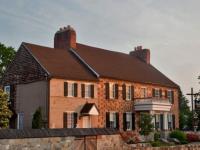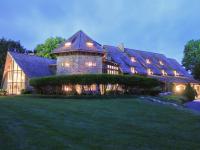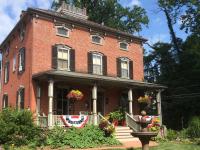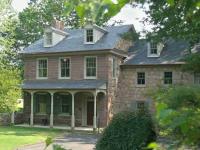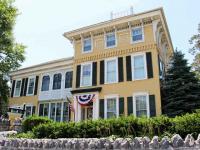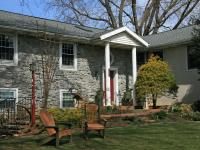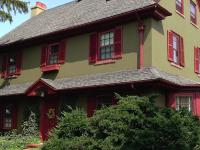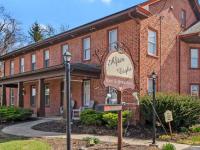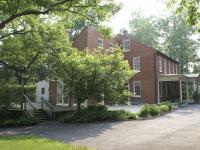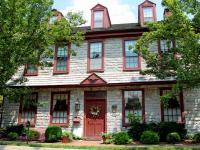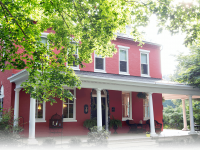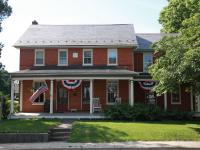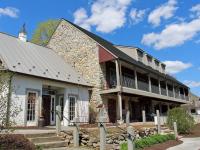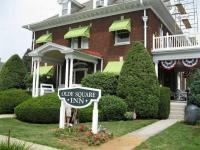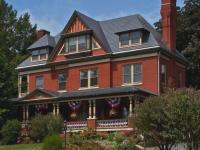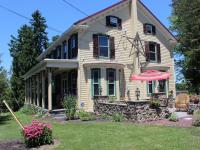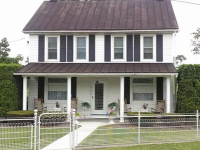You are here
Explore History at the Ephrata Cloister
Established as a semi-monastic community with a convent in 1732, the pious and celibate members of the religious order led by Johann Conrad Beissel sought religious freedom in one of the only places that offered it in the world: Pennsylvania. Beissel’s celibate Brothers and Sisters followed a disciplined life of work balanced with dedicated prayer. Little sleep and sparse diets prepared the community for an anticipated heavenly existence after earthly life as Beissel felt the Second Coming of Christ would soon occur.
Today, visitors to the grounds of Ephrata Cloister can explore a National Historic Landmark rich in the history and heritage of Pennsylvania and the United States. Learn about its role as a hospital during the Revolutionary War or the daily labors of paper making, carpentry, textile production, and milling. Ephrata also became known for its unique calligraphy, called Frakturscriften, as well as its printing press and musical compositions, including the hymns sung regularly by the Cloister’s chorus. Beissel became famous for composing more than a thousand original, four-part a cappella hymns for the chorus which are still performed today. Check the website for upcoming performance dates and locations, like the May 19th concert at Hope United Methodist Church in Ephrata.
Admission to the historic site includes an introductory video, seven original self-guided buildings, self-guided phone tours, and guided tours of the Sisters’ House and Meetinghouse. Exhibits are on display free of charge at the Visitor Center and don’t forget to stop in to the Museum Store!
Learn more about the Ephrata Cloister and to plan your visit today.
Ephrata Cloister
632 W Main St
Ephrata, PA 17522
717-733-6600

